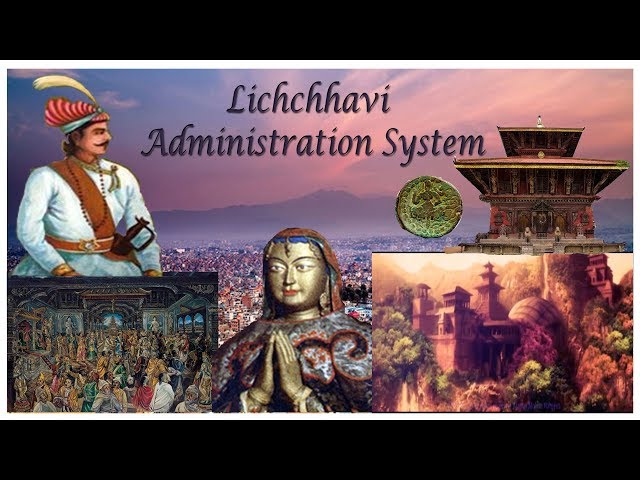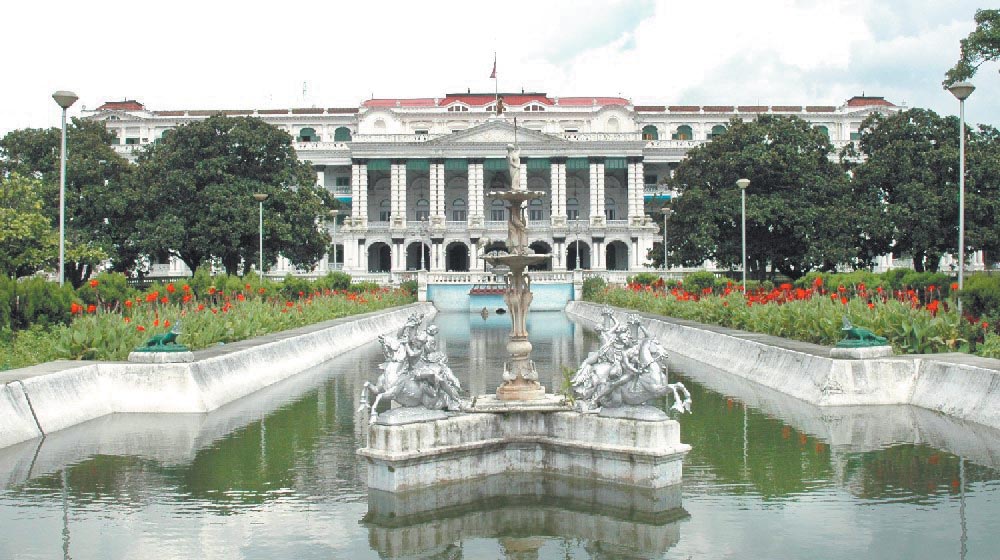An Example of Translation (English to Nepali) – “भाषा प्रवीणता परीक्षा विशेष”

Title: The Essence of Patriotism
Introduction
Patriotism, often referred to as the love and devotion for one’s country, is a sentiment deeply ingrained in the hearts of people across the world. It is a force that can shape the course of nations, inspire individuals to work for the greater good, and bind diverse communities together under a common flag. Patriotism is a multifaceted concept that encompasses love for one’s homeland, respect for its values and principles, and a commitment to its welfare and progress. In this essay, we will explore the meaning and significance of patriotism, its positive aspects, and how it can be harnessed for the betterment of a nation.
Patriotism is not just about waving a flag or singing a national anthem; it runs deeper than these symbolic gestures. At its core, patriotism is an emotional attachment to one’s country, a feeling of belonging, and a sense of responsibility towards its well-being. It involves pride in the nation’s achievements and a commitment to preserving its core values and principles.
Patriotism can be a unifying force that transcends differences of race, religion, and culture. It brings people together under a common identity, fostering a sense of belonging and social cohesion. A true patriot feels a sense of duty towards their country. This often translates into active participation in the democratic process, volunteering for community service, and contributing to the betterment of society.Patriotism instills a sense of national identity and pride. It reminds individuals of their shared history, heritage, and collective achievements, which can be a source of motivation and inspiration.During times of adversity, such as natural disasters or external threats, patriotism can mobilize people to work together for the common good. It can be a driving force for resilience and recovery.Patriotism often involves preserving and promoting a country’s cultural heritage. This can be expressed through the celebration of national traditions, arts, and customs.
While patriotism has its merits, it is essential to ensure that it does not turn into nationalism or chauvinism, which can be divisive and harmful. Instead, patriotism should be harnessed for the betterment of the nation through the following means such as Educating citizens about their country’s history, values, and democratic processes is crucial. Informed citizens are more likely to engage actively in the nation’s progress.True patriotism should include all members of society, regardless of their background. Promoting inclusivity and diversity within a nation can strengthen its social fabric.Patriots should be encouraged to question their government’s actions and policies when necessary, as constructive criticism can lead to positive change.Patriotism should not isolate a country from the world but rather inspire it to collaborate with other nations for mutual benefit, as global challenges often require international solutions.
In conclusion, patriotism is a powerful and positive sentiment that can bind people together, inspire civic responsibility, and drive a nation towards progress and resilience. However, it should be balanced with inclusivity, education, and critical thinking to ensure that it serves the greater good and does not lead to division or exclusion. True patriotism is not blind allegiance but a sincere commitment to the well-being and betterment of one’s country and the world as a whole.
Translation of English to Nepali:




